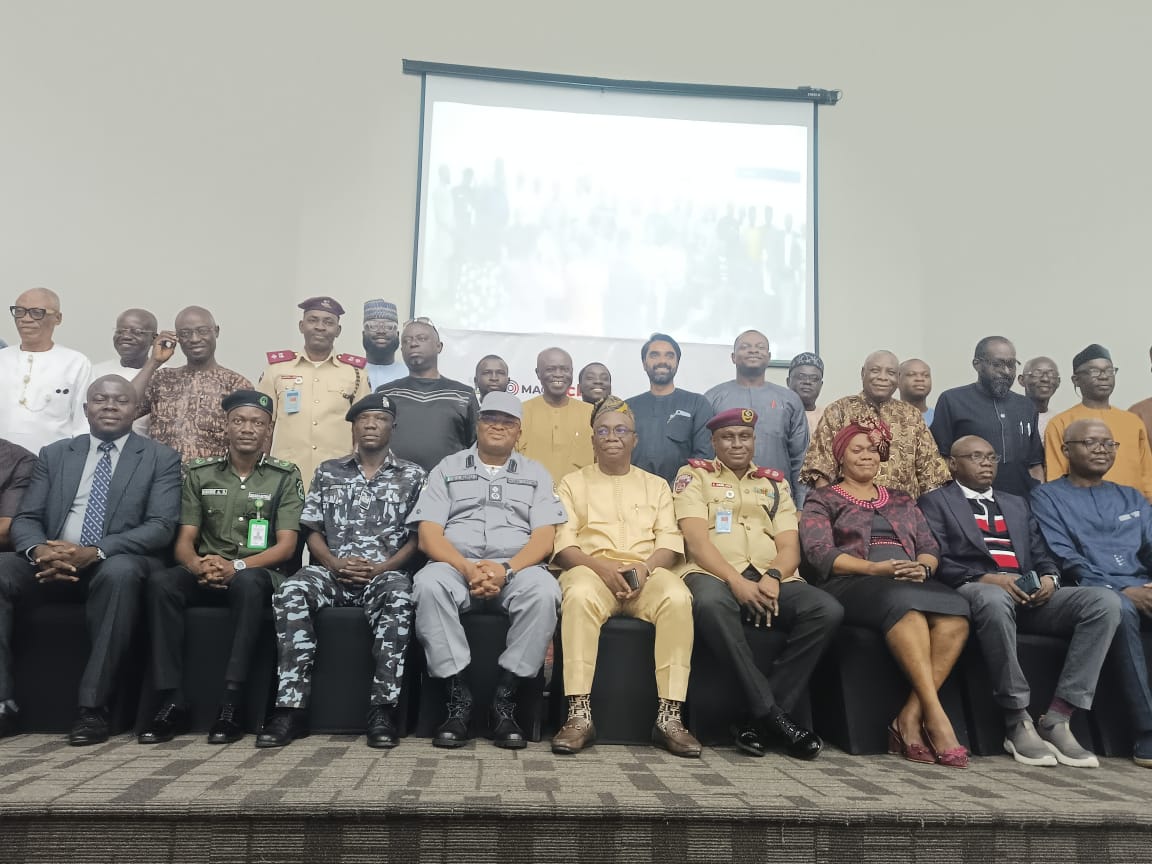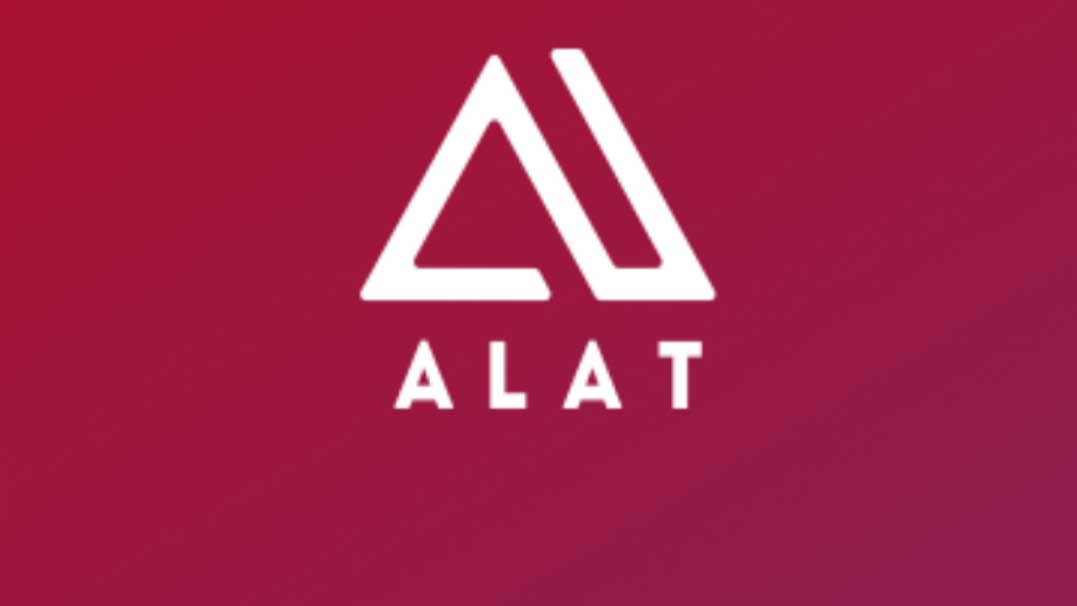 Stakeholders in the maritime sector have stressed the need for data-gathering, analysis and response to achieving standard operating procedures (SOP) compliance, transparency and accountability of ports and terminals.
Stakeholders in the maritime sector have stressed the need for data-gathering, analysis and response to achieving standard operating procedures (SOP) compliance, transparency and accountability of ports and terminals.
They stressed that the country’s ports have often struggled with issues related to SOP compliance, transparency and accountability, which have been a longstanding concern and have had adverse effects on various aspects of port and terminal operations, including efficiency, productivity and overall performance.
They stated this, yesterday, at the fourth Compliance Roundtable tagged: ‘A Maritime Sector Fit for Purpose: Evidence of Data-Driven Compliance’, held in Lagos.
The Provost, the Anti-Corruption Academy of Nigeria (ACAN), Prof. Olatunde Babawale, said the nation’s ports serve as crucial gateways for trade and commerce as well as key nodes in the global supply chain.
Babawale, who was represented by the Deputy Director, ACAN, Richard Bello, said the ports handle a significant volume of imports and exports, making them essential for the country’s economic growth and development.
Babawale said despite their importance, the ports have often struggled with these issues, which have been a longstanding concern and have had adverse effects on various aspects of port operations, including efficiency, productivity and overall performance.
He said gathering useful data and putting in place an effective response strategy will help identify and address corruption and other forms of malfeasance as well as improve efficiency and reduce costs, increase return on assets (ROA) and empower operators of the ports to make informed decisions.
He said it will also provide a basis for arguments or discussions, identify problems and give room for the development of accurate response and facilitate easy control and tracking of cases and operational trends over time among others.
The Executive Secretary of the Nigerian Shippers Council (NSC), Emmanuel Jime, said in this era of rapid technological advancement, data has become the lifeblood of progress and innovation as well as has the power to transform industries and revolutionise the way businesses are conducted in the maritime sector.
Jime, who was represented by the National Coordinator of Ports Standing Task Team (PSTT), Moses Fadipe, said by harnessing the power of data, the maritime industry can unlock valuable insights, make informed decisions and drive sustainable port reform.
Jime said it is through the data-informed decision-making approach that the industry actors can strengthen their compliance arrangements and propel the sector to greater heights.
Speaking earlier, the Chief Executive Officer, Convention on Business Integrity (CBI), said the biggest issue in the nation’s ports is lack of efficiency.
He said an effective and corrupt system is not healthy for the nation’s ports, noting that the country needs an effective and efficient port system through data driven approach in compliance.
According to him, the regulatory conversations have acted as a catalyst for achieving efficiency and quality service delivery, thereby improving compliance with SOPs and the Nigerian Ports Process Manual (NPPM).
He said it has ultimately reduced corruption and lack of accountability at Nigeria’s ports and terminals.






